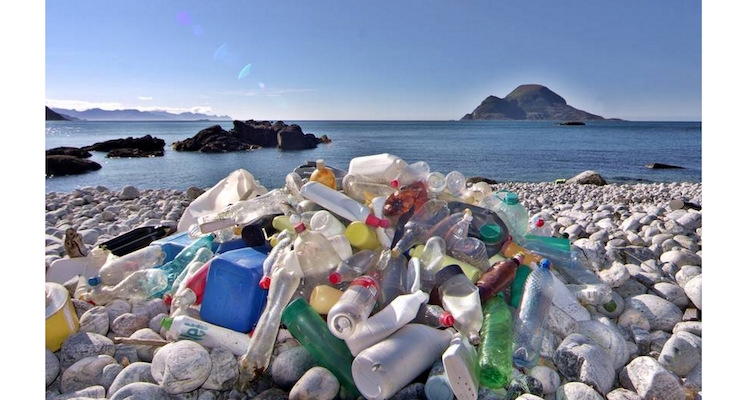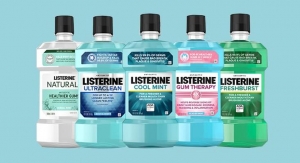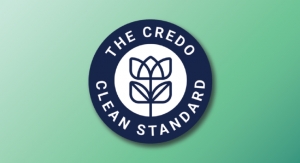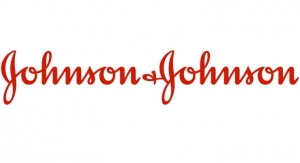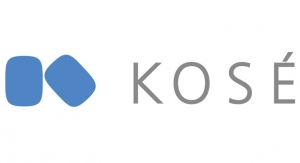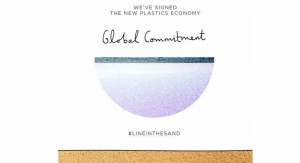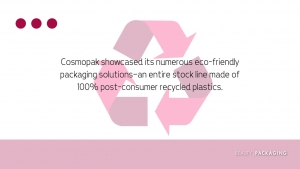11.01.18
Johnson & Johnson has announced it is joining the New Plastic Economy Global Commitment -- an ambitious effort to move the world closer to a circular economy in which plastic never becomes waste.
Those who joined the initiative are striving to tackle one of the most urgent environmental issues of our time -- plastic waste and the necessity of consumer packaging reform. L'Oreal, Unilever, H&M Group, and Coca-Cola are among the 290 organizations that are on already board. Albea Packaging just announced it has signed as well.
The New Plastics Economy Global Commitment is led by the Ellen MacArthur Foundation in collaboration with the UN Environment, was officially unveiled at the Our Ocean Conference in Bali on October 29th, 2018.
According to a report issued by the World Economic Forum, more than 40 years after the launch of the first universal recycling symbol, only 14% of plastic packaging is actually collected for recycling. J&J states, "This collective commitment moves us closer to making a significant impact on the estimated 19 billion pounds of plastic that ends up in the ocean annually—a number that is expected to double by 2025."
J&J's Packaging Sustainability Goals
J&J has committed to using more recycled materials in packaging, reducing reliance on the single-use model, and will ensure that 100% of its plastic packaging be reusable, recyclable or compostable via design, partnerships, and investments by the year 2025.
Paulette Frank, Worldwide Vice President, Environmental Health, Safety & Sustainability at Johnson & Johnson, comments, "With this decision to accelerate our sustainability goals, Johnson & Johnson Consumer is acknowledging the ever-increasing urgency of the issue of plastic waste—and our own responsibility to work towards innovative solutions."
Alison Lewis, Global Chief Marketing Officer, Johnson & Johnson Consumer, says, "We are embracing the issue of packaging reform as both a challenge to do better and an opportunity to do good. We believe this initiative can be a powerful catalyst for driving meaningful changes in our behavior as a company—as well as the behavior of consumers themselves."
A Call To Action
The Ellen MacArthur Foundation and UN Environment call on all businesses and governments across the world to sign the Global Commitment and embark on a race to the top in the creation of a circular economy for plastic.
Suppliers to the plastics industry are being asked to sign the commitment as well.
Member companies are being asked to follow the rules -- and ensure credibility and transparency. Goals should be reviewed every 18 months.
How It Began
Over the past four years, the Ellen MacArthur Foundation has been rallying businesses and governments behind this positive vision of "a circular economy for plastic."
"New Plastics Economy" reports were published in 2016 and 2017 -- and captured worldwide headlines, becoming a global reference, the organization states. Since then, the Foundation’s New Plastics Economy initiative is driving action among businesses and governments.
In January 2018, it brought together 11 leading companies committed to work towards 100% reusable, recyclable, or compostable plastic packaging by 2025. It has also created the Plastics Pact, a network of national New Plastics Economy implementation initiatives aligned around a common vision and set of ambitious targets. The first Plastics Pact has been launched in the UK, implemented by the UK charity WRAP, and others will follow soon.
Photo of ocean litter: CC BY-NC-ND 2.0 Bo Eide

